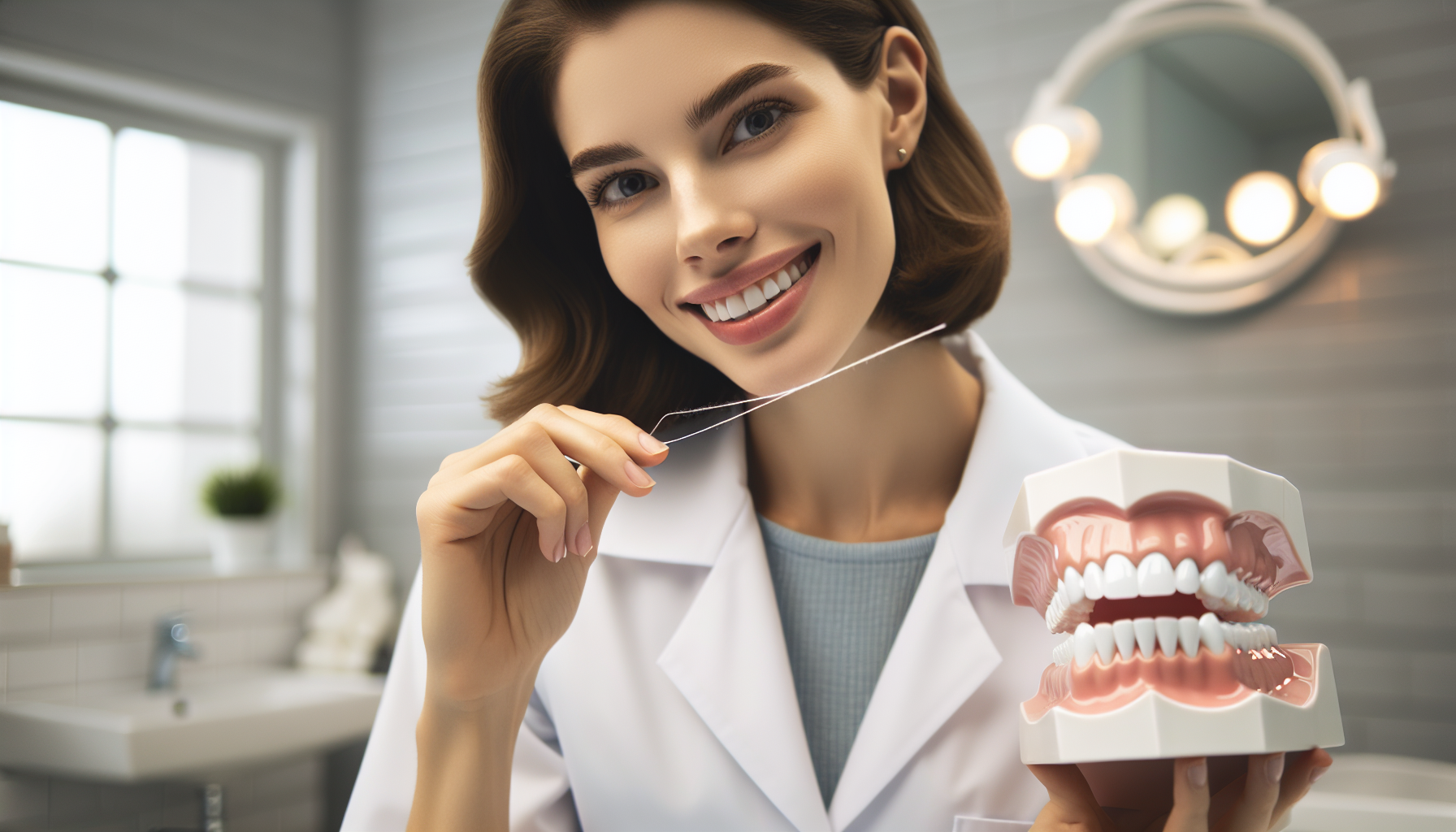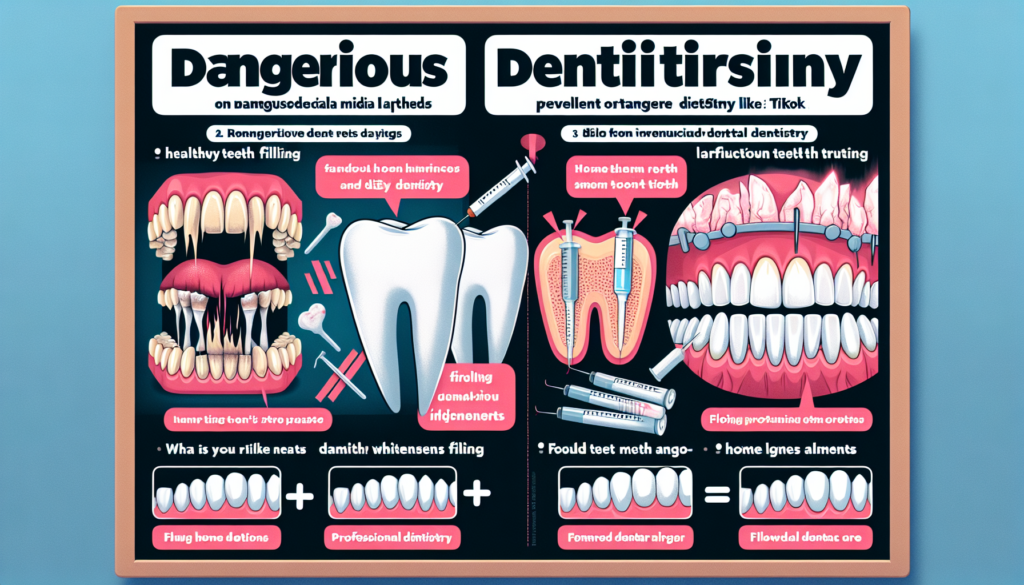Best Oral Hygiene Routine Tips Dentists Recommend for Healthy Teeth
Maintaining a healthy, confident smile requires more than an occasional brushing. Dentists agree that a consistent oral hygiene routine not only protects against cavities and gum disease but also supports overall health. From the right brushing technique to regular flossing and smart dietary choices, small daily habits can make a huge difference. In this guide, we’ll break down the best dentist-recommended tips to help you build a stronger oral care routine for healthier teeth and gums.
Why Oral Hygiene Matters
Your mouth is the gateway to your overall health. Poor oral care can lead to problems like tooth decay, gum disease, and bad breath, but it can also contribute to more serious conditions such as heart disease and diabetes. Keeping your teeth and gums healthy prevents costly dental treatments and supports long-term wellness.
Good oral health is not just about avoiding cavities—it’s about protecting your entire body from infection and disease.
— American Dental Association (ADA)
Brushing Tips
Brushing is the foundation of every dental care routine, but surprisingly, many people do it incorrectly. From brushing too quickly to using the wrong technique, small mistakes can impact oral health. Here are the practices dentists recommend:
- Brush at least twice daily—once in the morning and once before bed—to remove food particles and plaque buildup.
- Brush for 2 minutes to allow fluoride to work effectively on enamel.
- Use fluoride toothpaste to protect against cavities.
- Replace your toothbrush every 3–4 months, or sooner if the bristles are frayed.
- Use proper technique: Hold the toothbrush at a 45-degree angle, and gently brush in circular motions along the gum line.
The American Dental Association recommends brushing gently with a soft-bristled toothbrush to avoid enamel wear and gum irritation.
— ADA
Flossing: The Step You Shouldn’t Skip
Brushing only cleans 60% of the tooth’s surface. Floss reaches between teeth and under the gum line where brushing simply can’t. Dentists emphasize flossing as a non-negotiable part of oral care:
- Floss once a day to remove plaque and food particles stuck between teeth.
- Use gentle sawing motions and avoid snapping the floss directly onto gums.
- Consider floss alternatives like water flossers or floss picks if traditional string floss is difficult to use.
Daily flossing is linked to reduced risk of gum disease and cavities between the teeth.
— National Institute of Dental and Craniofacial Research
Mouthwash: A Helpful Finishing Step
While mouthwash is not a substitute for brushing and flossing, dentists recommend it as an extra layer of oral protection. Different types of rinses serve different purposes, including fighting bacteria, reducing plaque, or strengthening enamel.
- Choose an alcohol-free mouthwash to avoid dry mouth.
- Look for fluoride rinses if you want added enamel protection.
- Rinse after brushing and flossing to freshen breath and reduce bacteria.
Diet and Lifestyle Choices for Better Oral Health
What you eat and drink has a major effect on your teeth. Sugars and acidic foods can damage enamel and feed harmful oral bacteria. Adopting a tooth-friendly diet helps keep your smile strong.
Foods to Avoid
- Sugary foods and drinks like candy, soda, and sweetened coffee increase the risk of cavities.
- Sticky foods such as dried fruit cling to teeth and are harder to clean off.
- Acidic beverages like energy drinks, citrus juices, and wine erode enamel over time.
Foods to Include
- Dairy products such as milk, yogurt, and cheese provide calcium and strengthen teeth.
- Crisp vegetables like carrots and celery naturally scrub teeth as you chew.
- Water helps wash away food particles and keeps the mouth hydrated.
Staying hydrated and limiting acidic foods can significantly improve enamel strength and cavity resistance.
— Academy of General Dentistry
The Importance of Regular Dental Visits
No matter how thorough your home care routine is, professional checkups are essential for long-term oral health. Dentists can detect problems early and perform cleanings that remove tartar buildup.
- Schedule dental cleanings twice a year for preventative care.
- Get X-rays annually to check for hidden issues such as decay between teeth.
- Address issues early—sensitivity, bleeding gums, and persistent bad breath should never be ignored.
Bad Habits That Harm Oral Health
Some everyday habits can silently damage teeth and gums. Awareness is the first step in breaking these patterns:
- Grinding or clenching (bruxism) wears down enamel and leads to jaw pain.
- Nail-biting can chip or crack teeth.
- Using teeth as tools to open bottles or packages increases the risk of fractures.
- Smoking or vaping stains teeth, increases gum disease risk, and elevates the chance of oral cancer.
Special Tips for Children’s Oral Care
Good dental habits should start early. Teaching kids a positive oral hygiene routine can prevent cavities and set the stage for lifelong health.
- Start cleaning babies’ gums with a soft, damp cloth before teeth emerge.
- Begin brushing with fluoride toothpaste as soon as the first tooth appears.
- Supervise brushing until children can effectively brush on their own (around age 7-8).
- Limit juice and sweets to reduce cavity risk.
Creating the Best Oral Hygiene Routine for You
An ideal routine involves brushing twice daily, flossing once, and adding mouthwash for extra protection. Combined with regular dental checkups and a balanced diet, this routine supports a healthy smile and reduces the risk of costly dental problems.
A healthy mouth is the foundation of a healthy body—consistency is key.
— Dental Health Foundation
Final Thoughts
Your oral care routine is more than just a way to keep teeth white—it’s a crucial part of overall health. By brushing effectively, flossing daily, rinsing wisely, eating well, and visiting the dentist regularly, you can enjoy a bright, problem-free smile. Start making these dentist-approved habits part of your daily life, and your mouth will thank you for years to come.
Post Disclaimer
DentalUp is for educational purposes only and cannot accept personal dental information such as x-rays, photos, or treatment details. See full disclaimer here.





